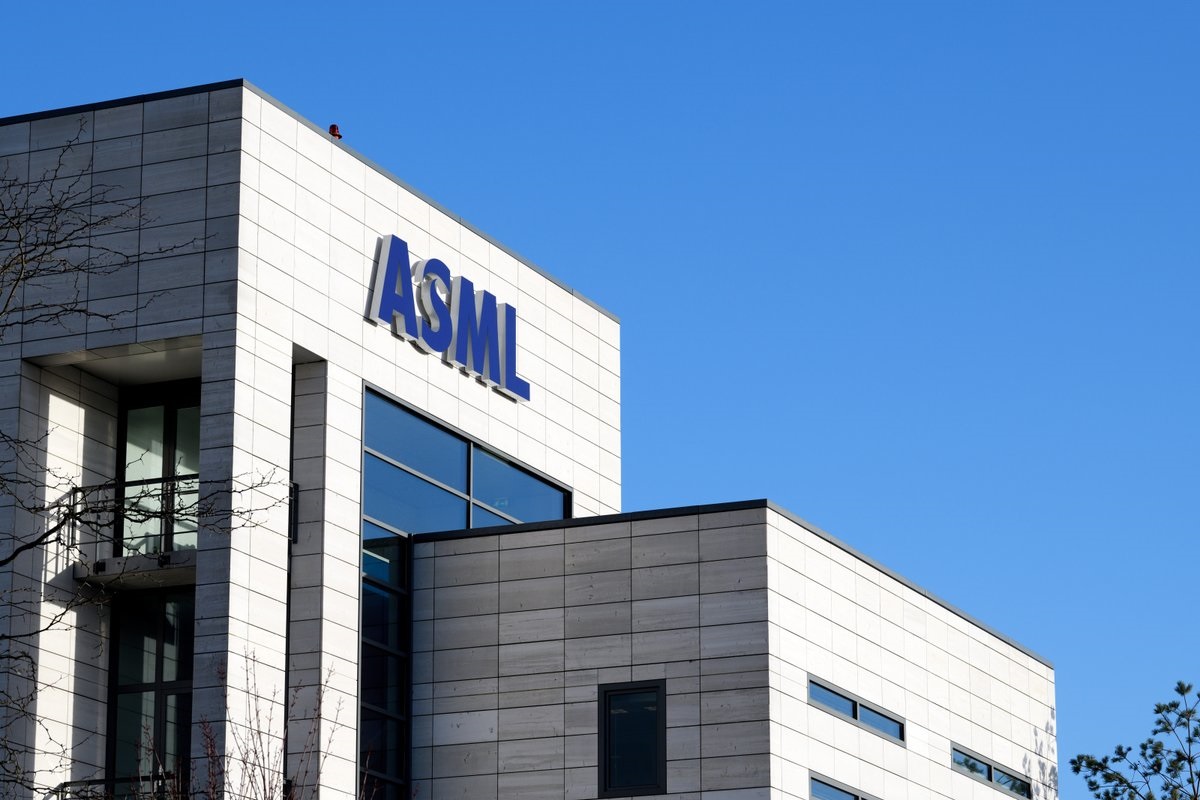Chip, will the Netherlands make China or ASML cry?

It's official: The Netherlands participates in American restrictions on the sale of advanced microchips to China. It is a problem for Asml, the most important technology company in Europe, which needs the Chinese market. All the details
The Netherlands has explicitly said , for the first time, that it will introduce export control measures to China of advanced microchip-making machinery: they are small and powerful components found in technological devices, artificial intelligence equipment and even in weapon systems.
The government in The Hague, therefore, has officially aligned itself with Washington's plans to isolate Beijing and prevent it from accessing the most innovative technologies for industrial and military development.
THE UNITED STATES-NETHERLANDS-JAPAN TRIANGLE
In fact, the United States and the Netherlands had reached an agreement on restrictions on exports of chipmaking technologies to China towards the end of last January. However, the Dutch government had not released any communications on the matter until Wednesday 8 March.
Japan is also included in the agreement: of the five companies that produce state-of-the-art machinery for the manufacturing of microchips, in fact, three are American (Applied Materials, Lam Research and KLA), one is Japanese (Tokyo Electron) and one is Dutch ( ASML ).
The United States would also like South Korea , home of Samsung, to participate in the restrictions, but the Seoul government is resisting.
THE LETTER FROM THE MINISTER OF FOREIGN TRADE
In a letter sent to Dutch parliamentarians and published yesterday, the Minister of Foreign Trade of the Netherlands Liesje Schreinemacher wrote that "given the technological developments and the geopolitical context, the government has concluded that it is necessary for (inter)national security to expand the existing export controls on specific semiconductor manufacturing equipment. Specifications, however, have not been provided.
The minister added that The Hague does not want Dutch technology to be used in military systems or weapons of mass destruction: it is the same reasoning given by the United States last October to justify the imposition of new export control mechanisms technologies in China.
In Schreinemacher's letter, however, Beijing is not explicitly mentioned.
THE IMPACT ON ASML'S ACCOUNTS
The new restrictions will likely weigh on ASML's business : it is headquartered in Veldhoven, in the south of the Netherlands, and is Europe's largest technology company, with a market capitalization of €238 billion. ASML produces devices for the production of microchips through extremely complex processes such as extreme ultraviolet lithography (EUV): it has a global monopoly on this technology in particular.
ASML had already been prohibited, since 2019, from selling machines using EUV technology in China; now it will not be able to export even most deep ultraviolet (DUV) lithography systems without first obtaining a specific license from the authorities.
Although the Chinese market is worth 18 percent of its order book, the company has confirmed its financial forecasts for 2023.
THE GOAL OF THE NETHERLANDS
It will take some time for the new export restrictive mechanisms to become law.
Minister Schreinemacher anticipated that the Netherlands will try to promote an international regulation on the control of technological exports in the context of the Wassenaar agreement of 1996: it was reached right near The Hague by a group of economically developed nations, intent on limiting the trade in products usable for military purposes.
Among the signatories of the Wassenaar agreement, however, there is Russia, today engaged in a war of aggression against Ukraine, which will probably make the negotiations for the expansion of the control measures sought by the Netherlands very complicated: the decisions of the body are taken unanimously. Not surprisingly, the United States has decided to bypass the group and negotiate directly with some politically like-minded nations.
This is a machine translation from Italian language of a post published on Start Magazine at the URL https://www.startmag.it/innovazione/paesi-bassi-restrizioni-esportazioni-microchip-china/ on Thu, 09 Mar 2023 15:12:51 +0000.
